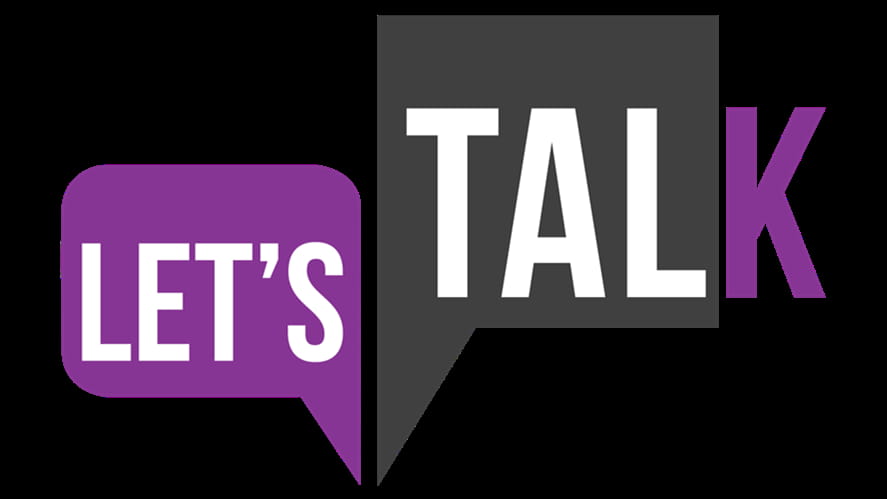Let's Talk...You've Got This! The BIS Abu Dhabi school counsellors provide some guidance to help parents through those challenging moments, days or even weeks ahead. Amidst this pandemic, we have all been experiencing various levels of cabin fever and no doubt stress levels have been at their highest at times. For some families, the first couple of weeks of remote learning would have been very disruptive and challenging and by now you will have established a routine that works for your family. For others, you may have established a routine quickly, but now you and your child might be finding the confinement, the boredom and the unknown too overwhelming.
We are all responding to the current circumstances differently. Your child’s reactions to stress may vary from day to day and depending on the age, your child might have difficulty accessing emotional language for what he or she is experiencing. Instead, you may have noticed your child is more clingy, irritable, more demanding and seeking extra attention from you, is having difficulty with their eating and sleeping or is showing general signs of regression. Try not to worry too much!
These new challenging behaviours are natural responses, and as parents the best way to support your child is by showing empathy, patience and by calmly setting limits when needed. We know this is easier said than done, especially when you are juggling responsibilities, but remind yourself that whatever you are in the middle of, it can wait. By simply stopping to meet your child’s demands can make all the difference to the rest of your day. If your child is okay…you’ll be okay and if you’re okay…your child will be okay!
Here is some guidance to help you through those challenging moments, days or even weeks ahead:
- Create a safe physical and emotional environment by practicing the 3 R’s: Reassurance, Routines, and Regulation. Reassure children about their safety and the safety of loved ones, and remind them that it is adults’ job to ensure their safety. As much as possible, maintain routines to provide children with a sense of safety and predictability (e.g., regular bedtimes and meals, daily schedules for learning and play). Try and support your child’s development of regulation and encourage them to engage in activities that help them self-regulate (e.g., exercise, deep breathing, mindfulness or meditation activities, regular routines for sleeping and eating). Take time to reflect on what might be affecting their ability to self-regulate. Are you anxious and stressed and could you be projecting this onto your child? Is it possible to adjust your routine or the structure of your day to meet the competing demands? Can someone else in the family help or support you?
- Prioritise fun. Play is valuable during uncertain times because it can create a sense of togetherness, connectedness and fuel laughter which can all decrease levels of stress. You don’t have to wait for the weekend to have fun. Thanks to various social media platforms, we are fortunate to have a wealth of play based resources available to us. If you’re not in a creative mood, board games can be great fun and provide important learning, enhance memory and develop problem solving skills. If you can, use your outdoor space for physical activities to also help lower stress and anxious minds. For your older child, suggest journaling as a way to express themselves. They can start by writing about how angry, sad, and bored they are and also about what they are grateful for or what they are looking forward to the most when this is all over.
- When responding to regression don’t shame your child for acting like “a baby”. Shaming can actually have a profound impact on a child’s sense of self and can lead to more acting out behaviours. Your child is not regressing on purpose! Regression is an unconscious way for your child to express that he/she is feeling anxious and stressed and what they really need is your support, care, attention and reassurance.
- Emphasise strengths, hope, and positivity. Children need to feel safe, secure, and positive about their present and future. As adults we don’t always have the answers, but you can find the answers together. You can also help your child by focusing their attention on stories about how people come together, find creative solutions to difficult problems, and overcome adversity during the pandemic.
Don’t forget to take time to look after yourself and remember, you don’t need to do it all by yourself. We are here to help. If you can relate to the above and think you’d like additional support, please speak to your child’s class teacher or you can directly contact the school counsellors, Ms. Gita Bhatt (gita.bhatt@bisad.ae) or Mr. Jihad Omar (jihad.omar@bisad.ae).
Stay calm, stay safe, you’ve got this!
The Counselling Team
